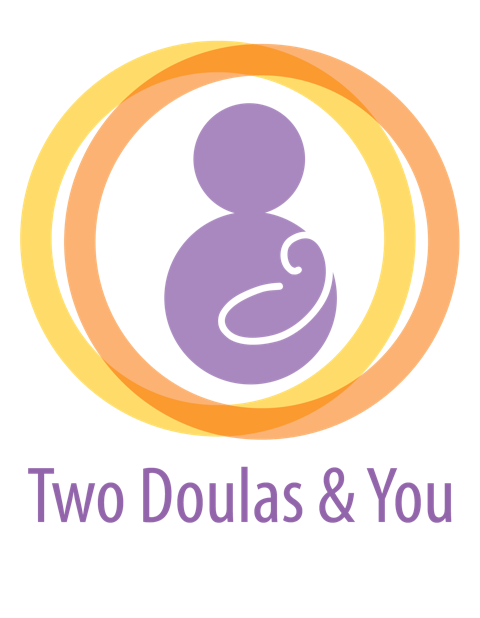So you’re pregnant! What are you telling yourself about birth?
Anticipating the life-changing event that is birth, it’s easy to develop a vision about how it will go: when and how labor will start, how long it will take, how you’’ll feel when baby is finally in your arms, what that historic homecoming will be like. A person’s birth vision is shaped by many complex things: Others’ birth stories, our medical culture’s approach to birth, and the emotional baggage we carry from our own birth and upbringing. Over time, this vision becomes our imagined reality, a movie that subconsciously plays in our head. Why? We have an innate need to feel a sense of control about something that is pretty much a big mystery.
What stories are you telling yourself?
The thing is, whatever story we tell ourselves about our upcoming birth is not real. Birth rarely goes the way we envision or expect. According to Byron Katie, renown facilitator and author of The Work, “A thought is harmless unless we believe it.” When we buy into a particular story, we become attached to it and we begin to subconsciously expect that story to happen because it has become our truth. If the story is anxiety provoking, we shove it under that adorable rug for the baby’s room that was just delivered and hope it will all be OK. And when it turns out to be different from our imagined birth experience, we’re likely to feel disappointed, angry, sad, unworthy, judged…or even traumatized.
Ask questions
Taking time to ask ourselves some key questions about the validity of our vision can help us uncover what’s real and what’s not, so that we can perhaps let go of expectations and come to birth with an open heart and mind.
Journaling
We are big believers in journaling--it stimulates several areas of the brain simultaneously and triggers the close attention our thoughts deserve. So we encourage expectant parents to start with a bit of this:
Write down a thought or expectation about birth that is creating fear or anxiety in you. Be specific. What is the exact scene in the movie you’re playing in your head?
Then ask yourself: How do I react when I believe this thought?
Then ask yourself: Is it true for me? Do I *absolutely know* this to be true for me?
And finally: What might be a more realistic statement about this thought?
Here’s an example.
Person X told me that I won’t be able to handle the pain of labor so I should just plan on asking for pain medication.
How do I react when I believe this thought? Confused, defensive, anxious, annoyed, sad
Is this statement true for me? How do I know? I’ve never given birth before.
Do I *absolutely know* this to be true for me? Well, no. I’ve never given birth before. I’m not the same as Person X.
Flip the script
What might be a more realistic statement about this thought? Every birth is different, and every birthing person’s ability to cope is different. I’m taking steps to have a trusted support system in place if I need help (ex. Choosing a provider who practices shared decision-making, hiring a doula, educating myself about pain coping). I might need pain medication but there’s no way to know until I’m in the moment. I can remember that it will be available to me if needed, and I can wait and see what happens. So you’re pregnant! What are you telling yourself about birth?
Taking time to get to the truth of what you’re telling yourself can help you open your mind and heart to what is happening in the moment, and help you approach this wondrous, unpredictable, disorganized, amazing event with flexibility and curiosity instead of assumptions and rigidity.
Byron Katie says, “Behind every uncomfortable feeling there’s a thought that isn’t true for us.” Here’s to having the courage and self-compassion to examine your thoughts about labor, birth and parenting, and uncover what is true for *you.*

